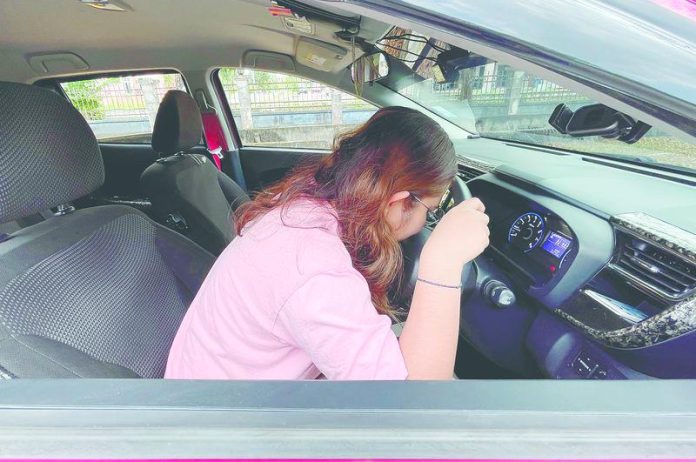PETALING JAYA: Experts have cautioned those with schizophrenia and other severe mental health conditions to ensure they are fit to drive as they may face a higher risk of road crashes due to impaired attention, slower reaction times, and the side effects of medication.
Universiti Teknologi Malaysia Geotechnics and Transportation Department Assoc Prof Dr Sitti Asmah Hassan said research by Monash University showed that drivers with schizophrenia are about twice as likely to be involved in car crashes compared with age-matched individuals.
“From a road safety perspective, mental health conditions such as schizophrenia should be carefully evaluated when determining a motorist’s fitness to drive. This includes their medical history, side effects of medication and recent mental health stability.
“While not all individuals with schizophrenia pose a risk, symptoms such as hallucinations, delusions, and cognitive impairment can affect their reaction time, decision-making, and situational awareness,” she said when commenting on a video shared widely on social media that showed a white Perodua Axia repeatedly circling the Mahkota roundabout in Kluang, Johor last week.
Authorities have since confirmed that the driver has schizophrenia, a serious mental health condition that affects thinking, emotions and behaviour, often making it difficult to distinguish reality from illusion.
Sitti Asmah said many countries have protocols, such as mandatory reports for drivers with known medical conditions or physicians’ reporting obligations, but their enforcement and effectiveness vary.
She said ideally, there should be clear but non-discriminatory guidelines that allow authorities to assess risk without stigmatising mental health conditions.
“Establishing confidential reporting systems where doctors, family members or law enforcers can raise concerns could help identify drivers who may require reassessment.”
Sitti Asmah said Malaysia could follow UK’s August 2024 guidelines for evaluating driving fitness in individuals with psychiatric disorders, as it assesses their memory and concentration issues, agitation, behavioural disturbances and suicidal thoughts.
She said countries such as Australia and Canada recognise mental illnesses as conditions that can affect a person’s ability to drive safely. However, she said making mental health evaluations part of the licence renewal process can be complex.
“A more practical approach could be targeted assessments for those with a history of severe mental illness affecting cognition, or those who have shown unsafe driving behaviour.”
Sitti Asmah said to address erratic driving linked to mental health, the authorities must balance public safety with individual rights, such as temporarily suspending licences for drivers who exhibit dangerous behaviour until they undergo a medical evaluation.
“Mental health experts should be involved in assessments rather than relying solely on law enforcement. Additionally, crisis response teams should be trained to handle such cases,” she said.
Universiti Putra Malaysia consultant psychiatrist and Psychiatry Department head Dr Chong Seng Choi said the stigma surrounding schizophrenia and mental illness has existed for a long time.
He said communities should provide support for those living with schizophrenia, while policies must be fair and evidence based, rather than impose blanket bans on driving.
“Having schizophrenia doesn’t mean a person cannot drive. Not all patients with the condition react the same way. Reducing stigma requires a collective effort through education that fosters awareness, empathy and open discussions.”
Chong said in Malaysia, mental health evaluations for driving licences primarily focus on vocational drivers, such as those operating commercial or public service vehicles under the Health Ministry’s Medical Examination Standards for Vocational Driver’s Licensing, which outline the medical criteria and procedures to assess driver fitness.
However, he said for private vehicle owners, there are no specific publicly available guidelines on assessing mental health during the driver’s licence application or renewal process.
“Law enforcement should take a balanced approach that prioritises public safety and mental health considerations. Families also play a crucial role in monitoring symptoms, driving behaviour, encouraging medical evaluations, and arranging alternative transport if needed,” he said.








